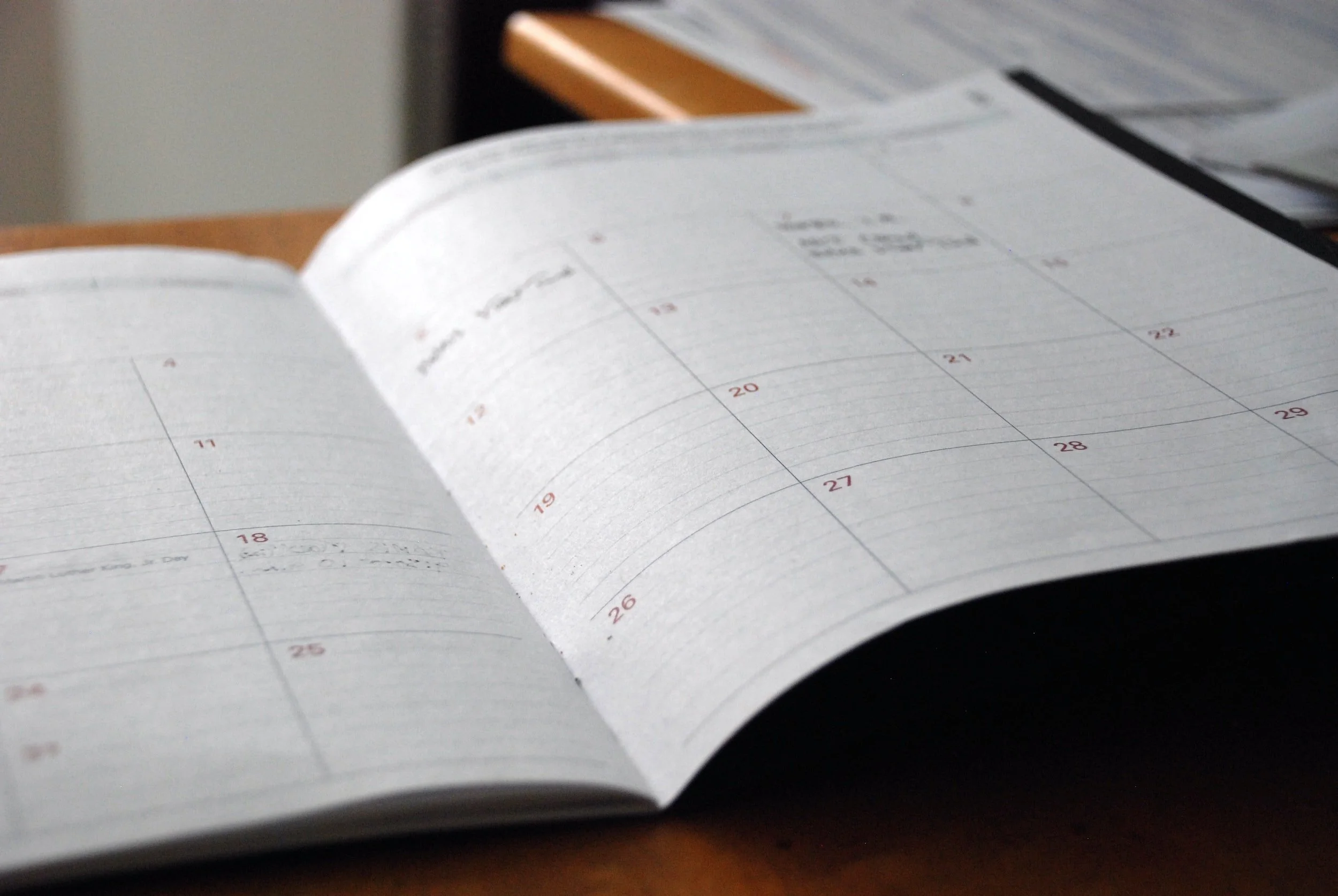The Value of Routine during COVID-19
The Value of Routine
Whether you realised or not, you probably had a bit of a routine in place before COVID-19. A flexible routine can help to feel a sense of control and normality (especially when there is so much outside of our control at the moment and not much that feels normal). It also helps to make active decisions and provide structure and stability in our lives.
If you’re feeling overwhelmed, create a routine that has time for breaks, self-care and space between tasks.
If you’re bored, having a structure to your day can help to build motivation, give you a sense of agency, and encourage you to engage in meaningful activities.
If you’re working from home, a schedule can help to switch off from work in the evening, remind you to take regular breaks and ensure you are pacing your tasks for the day.
Here is a suggested way to build structure…
Develop a rough template for your day (see below).
Write it out if it helps!
Then think about these four areas and structure them into your daily routine.
Relationships (family, friends, intimate relationships, co-workers)
Have a look at our 7 Tips for Staying Social during Social Isolation
If you are looking to make new friends, check out Friendly or Meet Up
Occupation / study (paid or voluntary work, education, skills development)
Here is a link to some online courses: Future Learn
Ideas for Volunteering online
Leisure / recreation (hobbies, sports, leisure activities)
Now is the time to try something new! If you’re struggling for ideas, have a look at this Fun Activity Schedule for inspiration
Health and wellbeing (sleep, diet, exercise, relaxation, Mindfulness, spirituality, being in nature, developing life skills)
Check out our Mindfulness post
Remember, try and keep your routine similar to what it was before lockdown. If you used to walk or cycle to work, consider if it’s important to exercise in the morning before starting your day.
Sample Schedule
AM
Yoga / Mindfulness
Breakfast
Work / job search / study / new learning (podcasts)
Lunch
Try new recipe every Saturday for lunch
Walk (make it fun and flip a coin at every intersection to determine if you turn left or right – see where you end up)
PM
Work on a new skill
Catch up with a friend
Dinner
Listen to music while cooking
Dinner date (online) or dinner with family/housemates
Eve
Recreation – craft, read, crosswords, TV
Written by Dr Jennifer Menon, Clinical Psychologist and Founder of Mind in Mind Psychology, Melbourne

